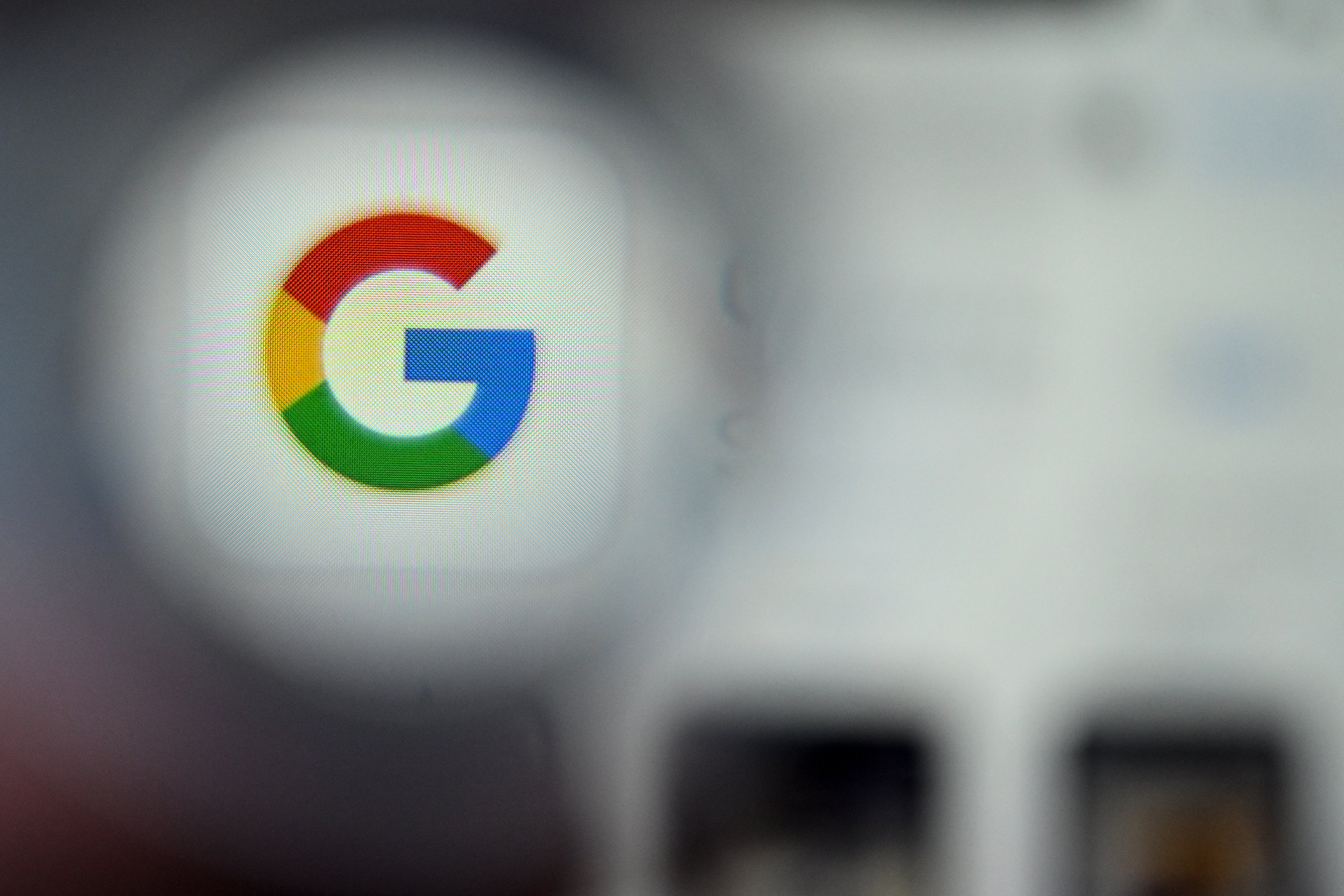Google could put search results behind paywall as it moves towards AI, report says
Subscription would mark the first time search giant would put core features behind a paywall

Google could put some of its search results behind a paywall, according to a new report.
The company is considering charging a premium for users to get access to a version of its search engine powered by generative artificial intelligence, according to the Financial Times.
It would mark the first time that Google has put any of its core products behind a paywall. While the company does charge for some features – such as additional storage and features in its products – search has always been free for all users and funded by advertising.
The traditional search engine, which gathers results from across the web, would remain free, the report said. Ads would also continue to appear even for subscribers.
But those who pay for its premium subscription services would also get access to results generated by generative artificial intelligence, which could be tailored to their searches.
Some experts have suggested that AI generated results could represent the future of web search, since they will allow users to receive direct and specific answers to their questions. But critics have expressed worries that those answers could include unchecked falsehoods, especially given large language models can sometimes generate answers that include “hallucinations” that look reliable but are wrong.
Google already charges for some AI-powered tools inside of its other products. Users who pay a subscription get access to its new Gemini assistant within Gmail and Google Docs, for instance, where it can be used to suggest text.
The company denied that it was working on any kind of search experience without ads. It did not confirm the FT’s report but did confirm that it was working on new, paid-for features.
“We’re not working on or considering an ad-free search experience. As we’ve done many times before, we’ll continue to build new premium capabilities and services to enhance our subscription offerings across Google,” the company said.
After the launch of ChatGPT kicked off a period of global excitement over the future of artificial intelligence, Google received some criticism for being slower to market with its own products. That is despite having invented the technology that underpins many competitors’ products, including ChatGPT itself.
Google launched its own Bard chatbot in response, with a reveal video that included mistake, and later named it Gemini. In February, Google had to remove some features from Gemini after it was found to generate inaccurate images of historical events, seemingly in an effort to ensure they were racially diverse.
Nonetheless, Google has continued to add Gemini into existing products. In February, it began to integrate it into its messages app, allowing people to use it to automatically generate responses to their friends.
Join our commenting forum
Join thought-provoking conversations, follow other Independent readers and see their replies
Comments
Bookmark popover
Removed from bookmarks